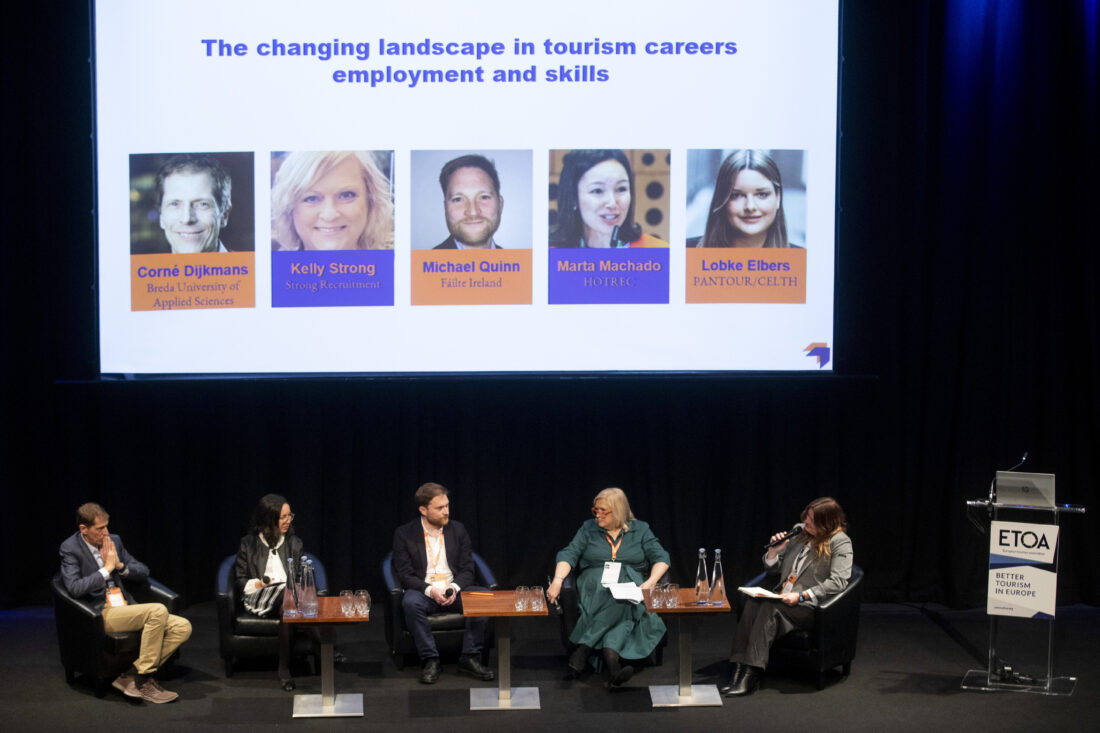PANTOUR hosts its first international conference in London: Shaping the future of skills in European tourism
PANTOUR’s inaugural International Conference in London marked an exciting milestone in the project’s final year, bringing together leading experts, educators, and industry voices to explore how the tourism workforce is evolving in a rapidly changing world. Held in collaboration with ETOA (European Tourism Association) and aligned with their Global European Marketplace event, the conference delivered a dynamic programme filled with insights, dialogue, and shared commitment to strengthening skills development across Europe.
Continue Reading





